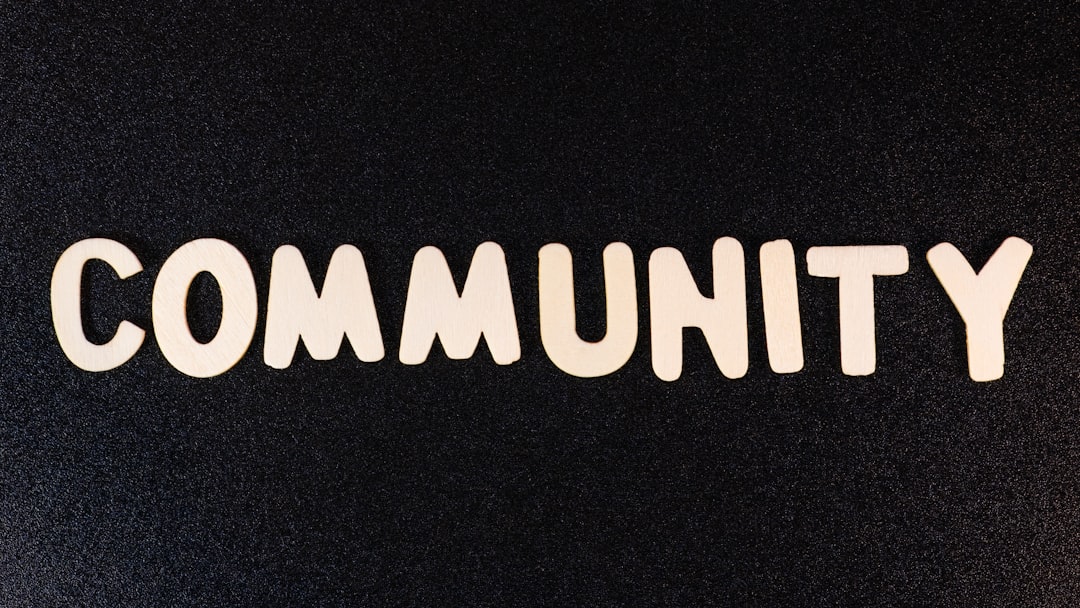
Fostered Sense of Community Through Social Connections and Shared Experiences
Creating a strong sense of community through social connections and shared experiences is essential for enhancing health and wellness. Research has shown that the relationships we cultivate and the experiences we share with others can significantly impact our physical and mental well-being. This guide explores the importance of community, the benefits of social connections, actionable strategies to foster these relationships, and common misconceptions that may hinder our wellness journeys.
Understanding the Importance of Community
The Role of Social Connections
Social connections are vital for emotional support, which can lead to improved mental health. Studies have found that individuals who maintain strong social ties are less likely to experience depression and anxiety. Furthermore, having a network of friends and family can contribute to a longer lifespan. The American Journal of Epidemiology highlights that social isolation can have effects comparable to smoking or obesity regarding mortality risk.
Shared Experiences Enrich Lives
Participating in shared experiences not only strengthens bonds but also promotes a sense of belonging. Engaging in group activities, whether physical or social, can create opportunities for individuals to connect over common interests. This sense of camaraderie can lead to increased motivation and accountability in maintaining healthy habits, such as exercising or making better food choices.
Benefits of a Fostered Sense of Community
Mental Health Enhancements
The support garnered from a community can reduce stress levels and improve mood. Emotional connections can help individuals navigate life’s challenges, making them more resilient. In fact, a study published in the Journal of Happiness Studies confirms that supportive relationships can bolster happiness and life satisfaction.
Physical Health Improvements
Social connections can also lead to healthier lifestyle choices. For instance, individuals who engage in community sports or wellness groups are more likely to maintain regular exercise routines. Additionally, studies indicate that group activities can lead to better dietary choices, as individuals may feel encouraged to make healthier decisions when surrounded by like-minded peers.
Increased Motivation and Accountability
Having a community can significantly enhance motivation. When people work together towards a common goal, accountability often increases. Whether it’s a weight loss challenge or a fitness class, being part of a group can encourage individuals to push through barriers they might otherwise succumb to alone.
Practical Strategies to Foster Community Connections
Join Local Organizations or Clubs
Seek out local organizations or clubs that align with your interests. Whether it’s a running club, a book group, or a cooking class, engaging with others who share similar passions can foster meaningful connections.
Utilize Social Media Mindfully
While social media can sometimes contribute to feelings of isolation, it can also be a powerful tool for fostering community. Join online groups or forums that focus on health and wellness topics. Engage with others by sharing experiences, challenges, and successes.
Volunteer Together
Volunteering is an excellent way to meet new people while contributing positively to the community. Whether it’s working at a local food bank or participating in community clean-ups, shared altruistic experiences can strengthen bonds and enhance overall well-being.
Organize Regular Gatherings
Consider organizing monthly gatherings with friends or family. It could be a potluck dinner, a hiking trip, or even a virtual game night. Regular interactions not only reinforce relationships but also create shared memories that can enhance emotional well-being.
Addressing Common Misconceptions
Misconception: Community Connections Are Only for Extroverts
Many believe that building community connections requires an extroverted personality. However, individuals across the spectrum can foster connections. Introverts can build meaningful relationships through smaller group interactions or one-on-one meetings.
Misconception: Quality Over Quantity
While it is true that quality relationships are essential, having a broader network can also provide emotional support. Engaging with diverse groups can enrich your life, even if not all relationships are deeply intimate.
Encouragement on Your Wellness Journey
Fostering a sense of community through social connections and shared experiences can significantly impact your health and wellness. Everyone’s journey is unique, and while challenges may arise, remember that building relationships takes time and effort. Celebrate small victories, and don’t hesitate to reach out for support when needed.
For further information on enhancing your wellness journey, consider exploring resources like Harvard Health and Mayo Clinic. These platforms offer a wealth of articles and tools that can support your health goals.
Remember to take action today—reach out to someone in your community, join a group, or initiate a conversation that could lead to a valuable connection. By prioritizing social connections, you are not only enhancing your own health but also contributing to the well-being of those around you.


